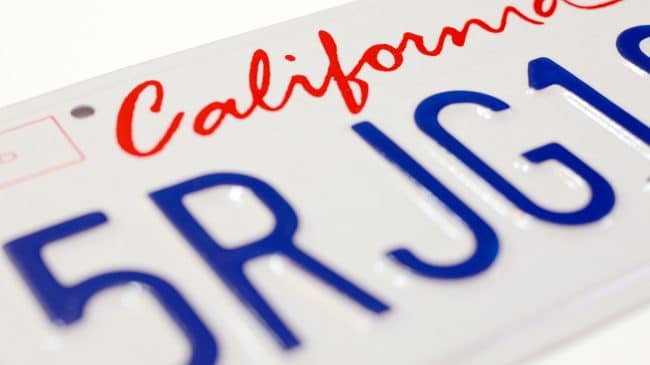With Californians reportedly waiting up to six or even eight hours at the Department of Motor Vehicles, taxpayers’ growing frustration is justifiable. “A marathon or two could be run while you wait in line at the DMV,” the Orange County Register recently noted.
The Department of Motor Vehicles has long served as a punchline to jokes, and as an example of government bureaucracies that make questionable, and unreasonable, demands of citizens and their time.
But California’s problems have far surpassed the typical “going to the DMV is miserable” stereotypes. While the state has attempted to improve DMV performance by providing numerous funding increases, including an additional $47 million for 550 new jobs just last year and $16 million in emergency funding more recently, the wait times and hassles are still ridiculous.
Throwing more money at the DMV won’t fix its long-standing culture problems. So instead of waiting indefinitely for the DMV deliver, it may be time for the state to see if private providers are willing to tie their pay to performance. If they are, it could mark a substantial improvement in how DMV services are provided across the state.
Don’t want long wait times? Write a contract that demands a private sector DMV operator keep wait times below a certain number of minutes — and tie the company’s payment to reaching this goal. Want to improve customer service at the DMV? Write a contract that requires the private DMV provider to achieve a high customer satisfaction rate in order to get full payment for the year.
Public-private partnerships are a risk management tool for governments. Most PPP contracts for government services today tie the private company’s compensation to performance metrics that are consistent with providing effective government services. This puts the risk of delivering results on the private sector. In the case of the DMV, the state could insist that private DMV operators meet performance standards with contracts that reward success and punish failure instead of the current system, which just continuously rewards failure.
Currently, DMV officials cannot accurately define basic performance metrics, let alone get branches to adhere to any. Wait times, for example, only begin after customers “take a number” at the DMV. But unlike delicatessens and pharmacies — where “taking a number” takes virtually no time — waiting in line just to “take a number” can take hours by itself at California’s DMV offices, at least according to the California citizens doing the waiting (the DMV doesn’t track this information the way a private provider worried about funding would).
While committing to a wide-scale DMV public-private partnership would take considerable time and planning, as well as a firm commitment to enforce contract provisions and monitor contractor performance, more marginal improvements can provide some immediate relief. The next legislative session — should bring a follow-up to Assembly Bill 301, which would allow for some private provision of driver’s licenses in California and could ease some of the wait-time burdens that commercial truck drivers face in the state.
Other states can provide inspiration, too. Arizona continues to expand its network of private DMV providers and the services they offer and a dedicated effort in Indiana involving significant private sector participation reduced average wait times at MVD (Indiana’s DMV equivalent) to under 10 minutes and earned a 96 percent customer satisfaction rating.
California’s DMV problems require more than money to solve them. A fundamental and cultural shift in how the DMV operates seems necessary. Allowing the private sector the chance to deliver full-scale DMV services could provide the cultural changes needed to improve the system and hold DMV-providers accountable to metrics consistent with effective service delivery. After decades of ineptitude, the state DMV is unlikely to overhaul itself in ways that make it suddenly start respecting taxpayers’ time and treating them like important paying customers, but a public-private partnership contract focused on customers and effectiveness could change that.
This column originally ran in The Orange County Register.

